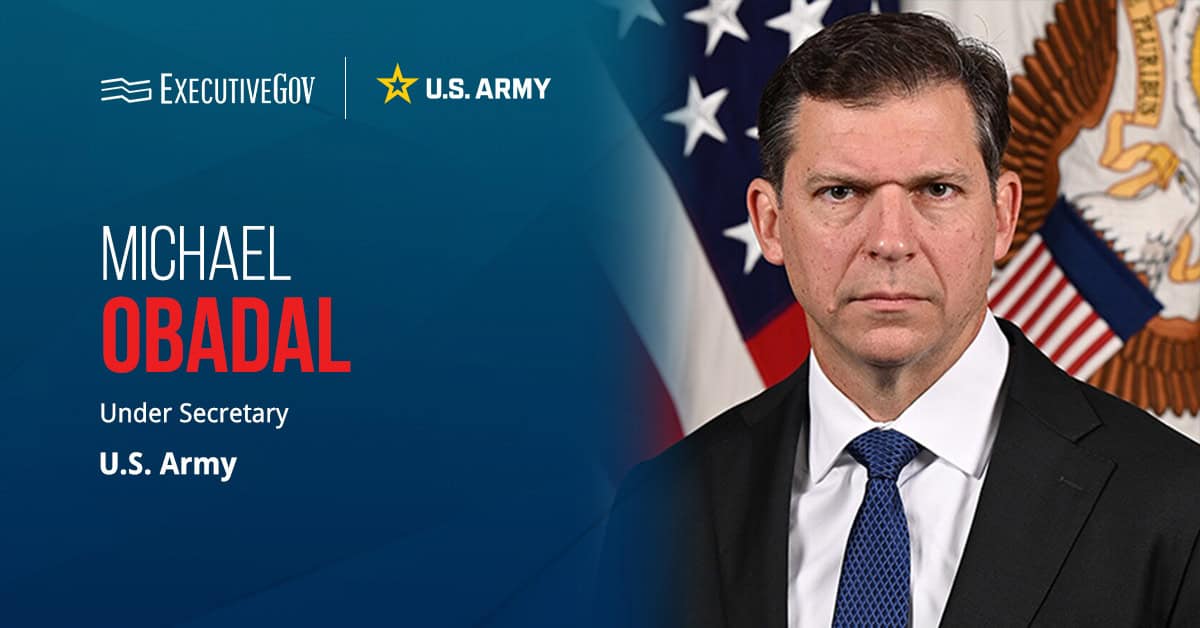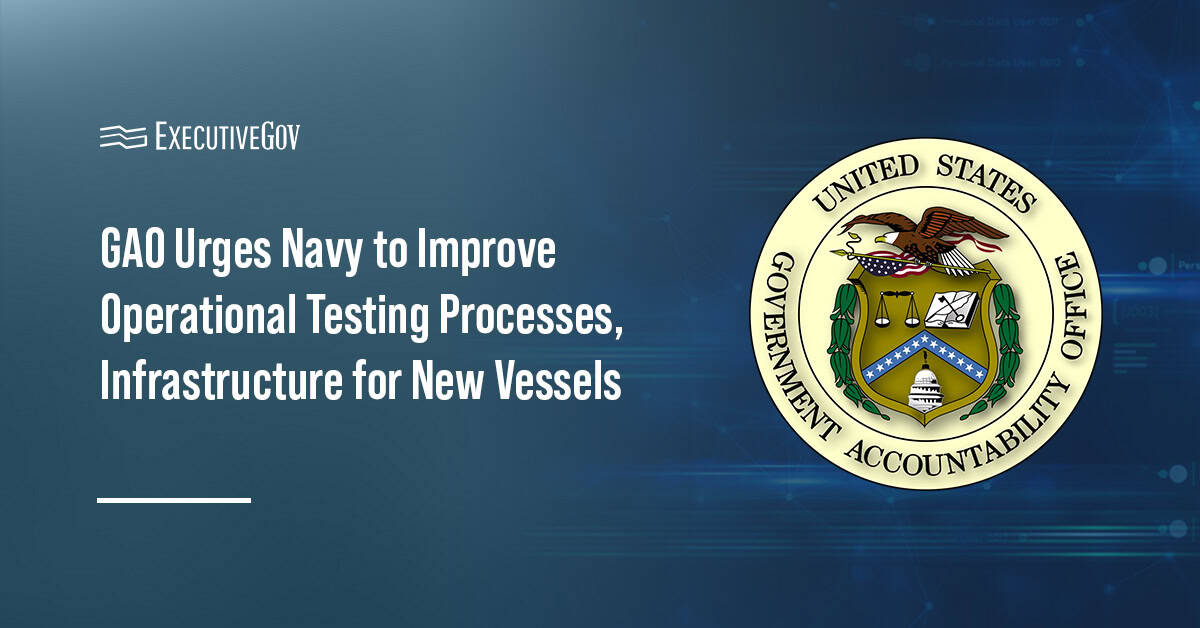The U.S. Cyber Command has completed a 10-day exercise to implement a new concept for searching, identifying and stopping publicly known malware risks.
CYBERCOM said Monday the defensive operation sought to improve network security and stability within the Department of Defense and to test the command’s interoperability with unified action partners through information and insight sharing.
The operation took place from Oct. 3 to 14 across different networks of the DOD and with the participation of private sector partners across the globe.
“The operation was a continuous activity designed to strengthen the resiliency of the Department of Defense Information Network (DODIN) and other supporting systems,” said U.S. Navy Rear Adm. Matthew Paradise, deputy director of CYBERCOM’s Operations J-3.





